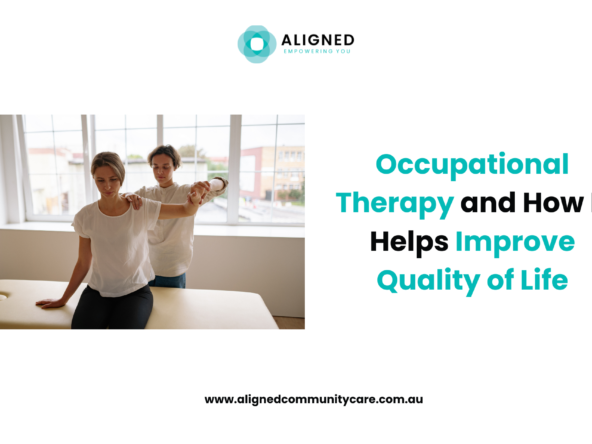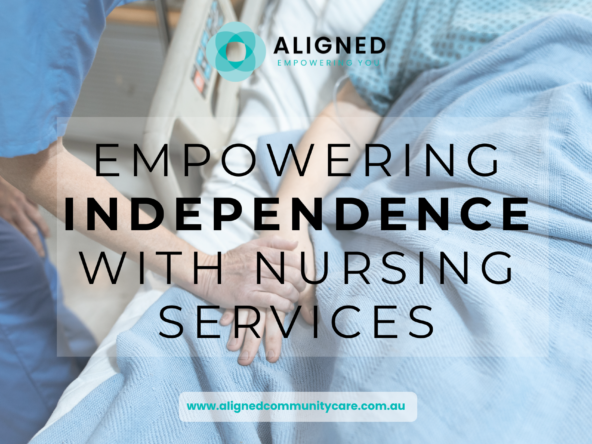Supported Independent Living: Empowering Independence and Inclusion
Supported Independent Living (SIL) is a vital service within the National Disability Insurance Scheme (NDIS) that empowers individuals with disabilities to live independently while receiving the necessary support tailored to their needs. The concept of Supported Independent Living emerged from the growing recognition that people with disabilities have the right to lead fulfilling, autonomous lives within their communities. This service is a cornerstone of the NDIS, reflecting a shift from institutional care to more personalized, community-based support.
The Evolution of Supported Independent Living
The history of Supported Independent Living can be traced back to the disability rights movement of the late 20th century, which advocated for the deinstitutionalization of people with disabilities. Activists and organizations fought for the right to live independently, with appropriate support, rather than being confined to institutions. This movement laid the groundwork for modern disability services, including SIL.
In Australia, the introduction of the NDIS in 2013 marked a significant milestone in the provision of disability support services. The NDIS was designed to provide a comprehensive framework for funding and delivering support to individuals with disabilities, ensuring they have the resources needed to live independently. SIL is one of the key services funded by the NDIS, offering participants the opportunity to live in shared or individual accommodations with varying levels of support based on their unique needs.
What is Supported Independent Living?
Supported Independent Living encompasses a range of supports provided to individuals with disabilities to help them live as independently as possible. This service can include assistance with daily activities such as personal care, household tasks, medication management, and developing skills for independent living. The level of support provided is tailored to each participant’s needs, ensuring they receive the right amount of assistance to achieve their personal goals and maintain their independence.
How SIL Works
SIL arrangements typically involve participants living in shared housing with other individuals who require similar levels of support. This setup not only fosters a sense of community and companionship but also allows for the efficient provision of support services. Participants can choose their living arrangements and are actively involved in planning their support, ensuring that their preferences and needs are met.
The support provided under SIL can be extensive and varied. For instance, participants may receive help with meal preparation, cleaning, personal hygiene, and attending medical appointments. Additionally, support workers can assist with developing life skills, such as budgeting, cooking, and social interaction, which are essential for maintaining independence.
Benefits of Supported Independent Living
Supported Independent Living offers numerous benefits to participants, enhancing their quality of life and promoting inclusion within the community. Some of the key benefits include:
- Increased Independence: SIL supports individuals in living independently, allowing them to take control of their daily routines and make decisions about their lives.
- Enhanced Social Inclusion: By living in the community, participants can build social connections and participate in community activities, reducing feelings of isolation.
- Personalized Support: The support provided under SIL is tailored to each individual’s needs, ensuring they receive the right level of assistance to achieve their goals.
- Skill Development: Participants are encouraged to develop essential life skills, empowering them to manage their lives more independently.
- Improved Quality of Life: With the right support, individuals can lead fulfilling lives, engaging in activities they enjoy and achieving their personal aspirations.
The Role of Service Providers
Service providers play a crucial role in delivering Supported Independent Living services. They work closely with participants to assess their needs, develop personalized support plans, and provide the necessary assistance. Providers like Aligned Community Care are committed to delivering high-quality, person-centered support that respects the dignity and autonomy of each participant.
Supported Independent Living is a transformative service that empowers individuals with disabilities to live independently and participate fully in their communities. By providing personalized support, SIL enhances the quality of life for participants, fostering a sense of independence and inclusion. As a key component of the NDIS, Supported Independent Living reflects the ongoing commitment to ensuring that people with disabilities have the opportunities and resources they need to lead fulfilling, autonomous lives.




